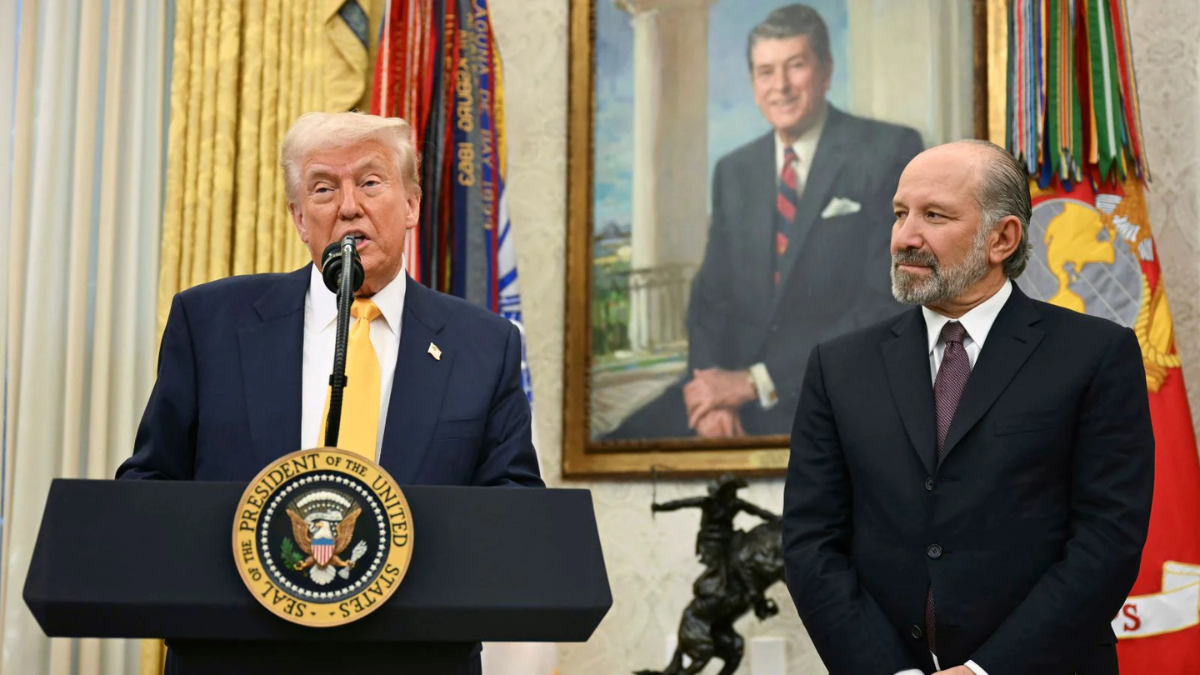The U.S. Justice Department has accused a federal judge of misconduct in a legal case surrounding former President Donald Trump’s transgender military ban. This latest development has reignited debate over judicial impartiality and the handling of politically charged cases. The allegations suggest that the judge overseeing one of the lawsuits challenging the policy may have exhibited bias or overstepped their judicial authority. As legal experts weigh in on the implications of the accusations, the case continues to highlight the ongoing legal battles over transgender rights in the United States.
Background of the Transgender Military Ban
In July 2017, then-President Donald Trump unexpectedly announced via Twitter that transgender individuals would no longer be allowed to serve in the U.S. military. Trump cited concerns over the cost of medical care and potential disruptions to military effectiveness. His decision faced immediate backlash from LGBTQ+ advocates, military leaders, and civil rights groups, who argued that the ban was discriminatory and unsupported by evidence.
Following the announcement, several lawsuits were filed against the Trump administration, leading to federal courts issuing injunctions that temporarily blocked the ban from taking effect. However, in 2019, the Supreme Court lifted the lower court injunctions, allowing the policy to be implemented while legal challenges proceeded. Under President Joe Biden, the ban was formally repealed in 2021, restoring the right for transgender individuals to serve openly in the military.
Despite the repeal, legal battles over the policy’s effects and past discrimination continue, with some cases still making their way through the courts. The Justice Department’s recent allegations against the judge add another layer of complexity to this contentious issue.
Justice Department’s Allegations Against the Judge
The Justice Department’s accusations focus on a federal judge who presided over one of the primary cases challenging Trump’s transgender military ban. According to officials, the judge allegedly engaged in misconduct by displaying bias, making inappropriate comments, and issuing rulings that demonstrated judicial overreach. These actions, the department claims, compromised the fairness of the proceedings and undermined public confidence in the judicial system.
While the department has not disclosed the specific details of the alleged misconduct, reports suggest that the judge may have made politically charged remarks or exhibited favoritism toward one side. Such actions, if proven, could call into question the legitimacy of past rulings in the case. The Justice Department has requested a formal review of the judge’s behavior, which could lead to disciplinary actions, recusal from the case, or even impeachment proceedings, depending on the findings.
Legal and Political Implications
The accusations against the judge have significant legal and political ramifications. Judicial ethics are a cornerstone of the American legal system, and any perceived bias in high-profile cases can undermine trust in the courts. If misconduct is confirmed, it could set a precedent for increased scrutiny of judges in politically sensitive cases, particularly those involving civil rights and executive policies.
Moreover, the allegations have broader implications for transgender rights and military policy. While Biden has reversed Trump’s ban, conservative lawmakers and advocacy groups continue to challenge policies that promote transgender inclusion in the armed forces. The outcome of this judicial misconduct investigation could influence future court rulings and shape the legal framework for transgender military service.
Reactions from Advocacy Groups and Political Figures
The Justice Department’s allegations have drawn strong reactions from both LGBTQ+ advocacy organizations and conservative groups. Civil rights groups have emphasized the importance of maintaining judicial integrity and ensuring that courts remain impartial in cases affecting marginalized communities.
Sarah Warbelow, the legal director of the Human Rights Campaign, stated, “It is critical that every individual, regardless of gender identity, receives fair and unbiased treatment under the law. Any misconduct that compromises this principle must be thoroughly investigated.”
Conversely, conservative organizations and Trump allies have criticized the Justice Department’s actions, arguing that they represent an attempt to discredit judges who ruled against progressive policies. A former Trump administration official responded, “This is just another example of the Biden administration weaponizing the Justice Department to silence those who stand for traditional military values.”
The controversy has also caught the attention of lawmakers, with some calling for greater transparency in the investigation. Republican and Democratic members of Congress have both expressed concerns about judicial accountability, though their perspectives on the case differ significantly.
Potential Consequences and the Path Forward
As the investigation into the judge’s conduct continues, legal experts suggest that the case could set important precedents for judicial oversight. If the allegations are substantiated, the judge could face sanctions, removal from the case, or even impeachment proceedings, though the latter remains rare in U.S. history.
Additionally, this case underscores the ongoing debate over transgender inclusion in the military. While Biden’s reversal of the ban was a major step forward for LGBTQ+ rights, legal challenges and political opposition persist. Future court cases will likely determine the extent to which transgender individuals are protected under military policies and civil rights laws.
Regardless of the investigation’s outcome, the case serves as a stark reminder of the intersection between politics, law, and civil rights. It highlights the need for an impartial judiciary, especially when dealing with issues that impact fundamental rights and national policy.
Conclusion
The Justice Department’s accusations against a federal judge in the Trump transgender military ban case have sparked intense debate over judicial ethics, political bias, and transgender rights. If proven, the allegations could lead to significant consequences for the judge involved and reshape the legal landscape for future cases concerning military policies and LGBTQ+ rights.
As the investigation moves forward, the case will continue to draw national attention, with advocates on both sides closely monitoring developments. The controversy serves as a critical test of the U.S. judicial system’s ability to uphold fairness and integrity in politically sensitive cases.
For more information on legal proceedings related to transgender military service, visit ACLU’s official page.
Disclaimer – Our team has carefully fact-checked this article to make sure it’s accurate and free from any misinformation. We’re dedicated to keeping our content honest and reliable for our readers.








